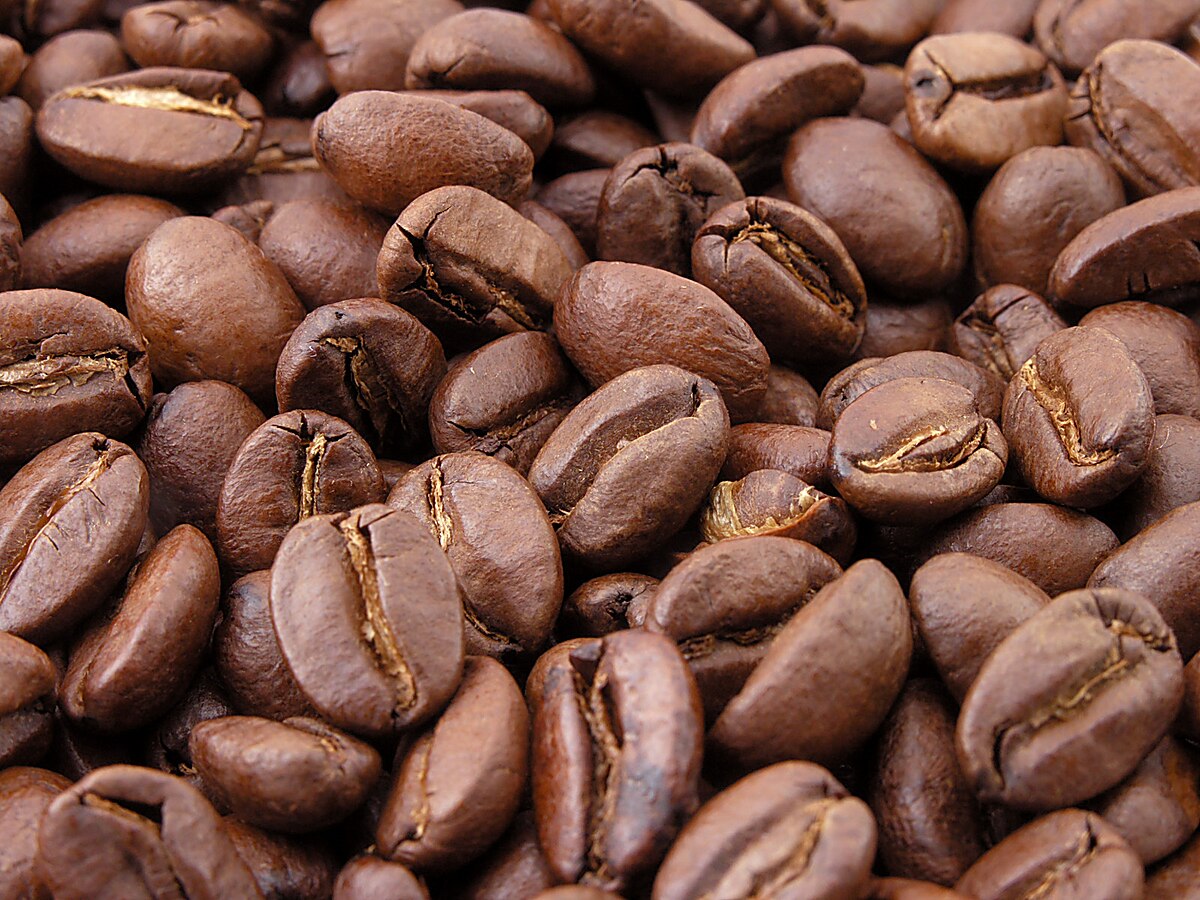How does caffeine affect sleep?

Caffeine is a naturally occurring psychoactive chemical that is extensively utilised in foods and beverages all over the world. Caffeine may be present in various plants, such as coffee beans, tea leaves, cacao pods, and kola nuts. Caffeine is also synthesised and utilised in pharmaceuticals and energy drinks for its energising and alerting properties. Caffeine is most often found in beverages. Because there are so many differences in caffeinated drinks, it can be difficult to tell how much caffeine is in a certain drink, especially a freshly prepared cup of tea or coffee with no label. Coffee, on the other hand, is the most potent and consumed caffeinated drink
A single eight-ounce cup of coffee contains between 95-200mg of caffeine. For comparison, a 12-ounce soda contains 35-45mg, about half the amount of a weaker cup of coffee.
How Caffeine Affects the Brain:
Can Caffeine Keep Me Awake?
Caffeine, through stimulating the central nervous system, can create a surge of energy. Most people drink coffee to help them wake up in the morning, but caffeine eaten at night can do more harm than good. While coffee can improve cognitive performance in the chronically exhausted, it cannot prevent sleep or reverse the consequences of chronic sleep deprivation. Caffeine may improve performance slightly, but there is no alternative for a restful, restorative night's sleep.
It is also argued that caffeine's efficiency varies depending on the amount and the individual.For someone who is already alert and aroused, however, caffeine may cause over-arousal and lead to anxiety, restlessness, and dependency.

How Many Hours Before Bedtime Should I Have Caffeine?
The recommended cut-off time for caffeine use is a minimum of six hours before bedtime. For example, if you typically go to bed at 10pm, avoiding caffeine after 4pm can help minimize sleep problems. If you find the six-hour recommendation is not enough, make note of the times you consume caffeine and how you sleep the subsequent night. You may find you sleep better with a longer period of caffeine abstinence before bed.
citation: https://www.sleepfoundation.org/nutrition/caffeine-and-sleep
Comments
Post a Comment